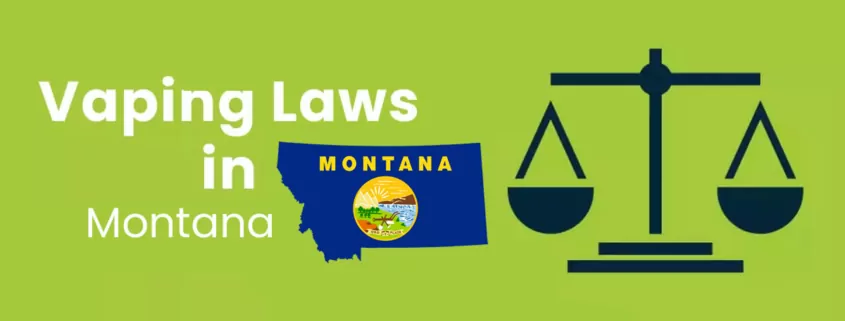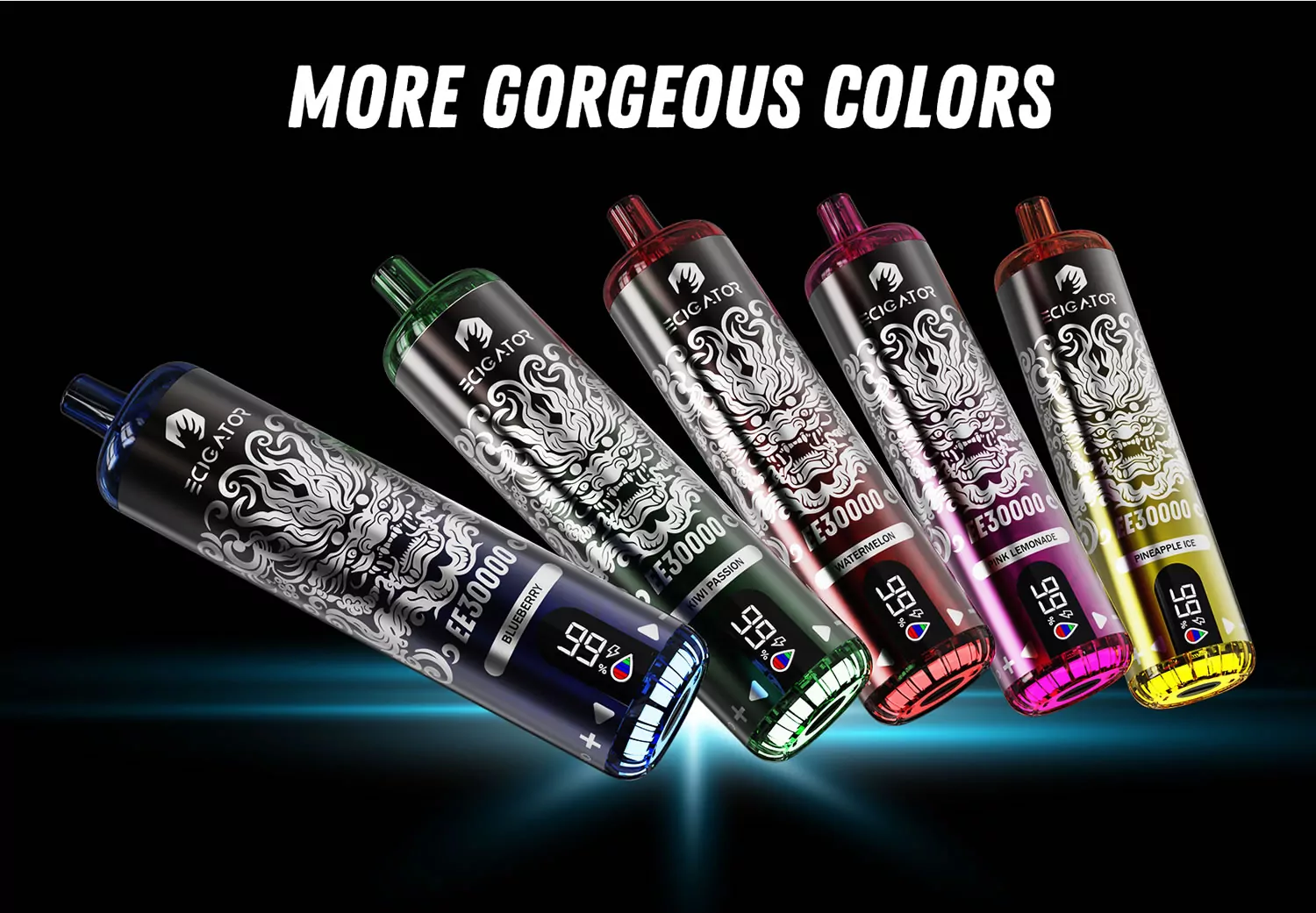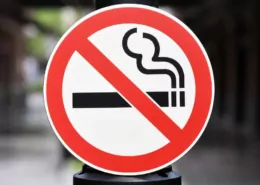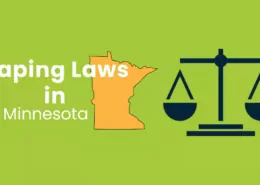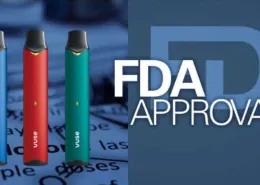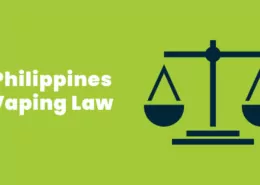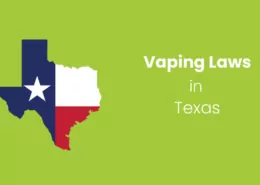Vaping Laws in Montana – Indoor Ban, Age & Regulations
Montana’s regulatory landscape for vaping products, including e-cigarettes, vape pens, and e-liquids, has seen significant developments, particularly with new legislation enacted in 2025. The state is actively working to balance public health concerns, especially the prevention of youth access to nicotine, with the realities of a rapidly evolving market. Key changes include a new statewide ban on indoor public vaping, alongside existing strict age restrictions and ongoing debates about further product controls like flavor bans and new taxation schemes. For consumers, retailers, and manufacturers in Big Sky Country, understanding this multifaceted legal framework is crucial.
This guide provides an in-depth look at Montana’s current vaping laws as of 2025, incorporating the latest legislative updates and authoritative sources to ensure clarity and compliance.
The Legal Foundation of Vaping Laws in Montana
At the core of Montana’s approach to vaping is a clear legal definition that brings these products under tobacco control measures, alongside stringent age limits for purchase and possession, primarily aligning with federal standards.
Defining “Vapor Product” in Montana
Montana law defines a “vapor product” as a noncombustible product that may contain nicotine and uses a heating element, power source, electronic circuit, or other electronic, chemical, or mechanical means to produce vapor from a solution or other substance. This definition is comprehensive, encompassing electronic cigarettes, electronic cigars, electronic cigarillos, electronic pipes, and similar devices, as well as vapor cartridges or containers of solution or other substance intended for use with these devices. This broad definition ensures that virtually all vaping devices and consumables fall under state regulatory control.
Minimum Legal Sales Age: Strictly 21
Montana adheres to the federal “Tobacco 21” law, which established a minimum legal sales age of 21 for all tobacco products, including e-cigarettes and other vapor products, effective nationwide since December 20, 2019. While Montana state law (Montana Code Annotated § 45-5-637) also prohibits the sale, distribution, or furnishing of tobacco products, alternative nicotine products, or vapor products to persons under 18 years of age, the stricter federal age limit of 21 takes precedence. Possession or consumption of vapor products by persons under 18 is also prohibited under state law.
Retailers are legally mandated to verify the age of any purchaser who appears to be under 30 years old by checking a valid government-issued photographic identification for every transaction. Minors (under 18 by state law, but effectively under 21 due to federal law) who attempt to purchase or are found in possession of vaping products can face penalties such as fines, community service, or mandatory attendance at a tobacco cessation program.

Statewide Indoor Vaping Ban in Montana
One of the most recent developments in Montana’s vaping regulation was the passage of Senate Bill 390 (SB 390) during the 2025 legislative session. Signed into law by Governor Greg Gianforte on May 9, 2025, this bill, sponsored by Senator Willis Curdy, amended Montana’s Clean Indoor Air Act of 2005 to explicitly include vaping in the definition of “smoking”.
Effective immediately upon signing, SB 390 bans vaping in all indoor public places and workplaces where traditional smoking is already prohibited. This includes, but is not limited to:
- Restaurants and bars
- Office buildings and all other indoor workplaces (both government and private)
- Public transportation
- Healthcare facilities
- Retail stores
- Community college facilities and other educational institutions
- Auditoriums, assembly facilities, and casinos (except tribal establishments, which may be exempt)
The Montana Department of Public Health and Human Services (DPHHS) is tasked with enforcement. Initially, businesses found in violation will receive an educational letter to ensure compliance before any penalties are imposed, reflecting an initial focus on education and adaptation. Citizens can report possible violations through the state’s tobacco-free website at tobaccofree.mt.gov.
School Property Restrictions
Beyond the new comprehensive indoor ban, vaping has long been prohibited in or on public school property in Montana under Montana Code Annotated § 20-1-220(1). This restriction applies to all areas within school grounds and helps maintain drug-free educational environments.
Ecigator is one of the well-known vape brands spun off from FM Technology Co., Ltd, it’s an ISO-certified disposable vape manufacturer for OEMs, ODMs, and OBM since 2010. The founder team comes from top firms with more than 10 years of experience in the vaping industry and has devoted thousands of hours to providing users with a better and better experience.
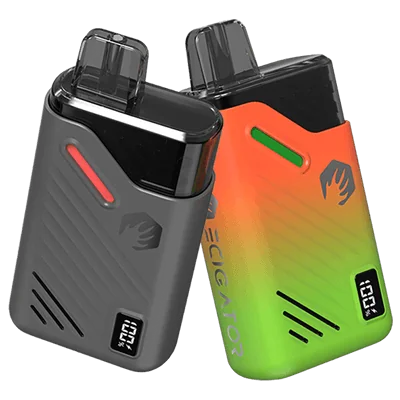
18K Disposable Pod Kit
Disposable Pod Kit – 18ml changeable pod with 650mAh rechargeable battery.
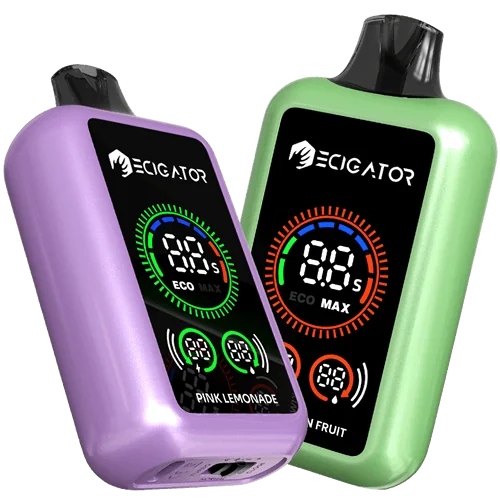
20K with Large Screen
20000 Puffs Disposable Vape with large screen. Normal and Boost working modes.
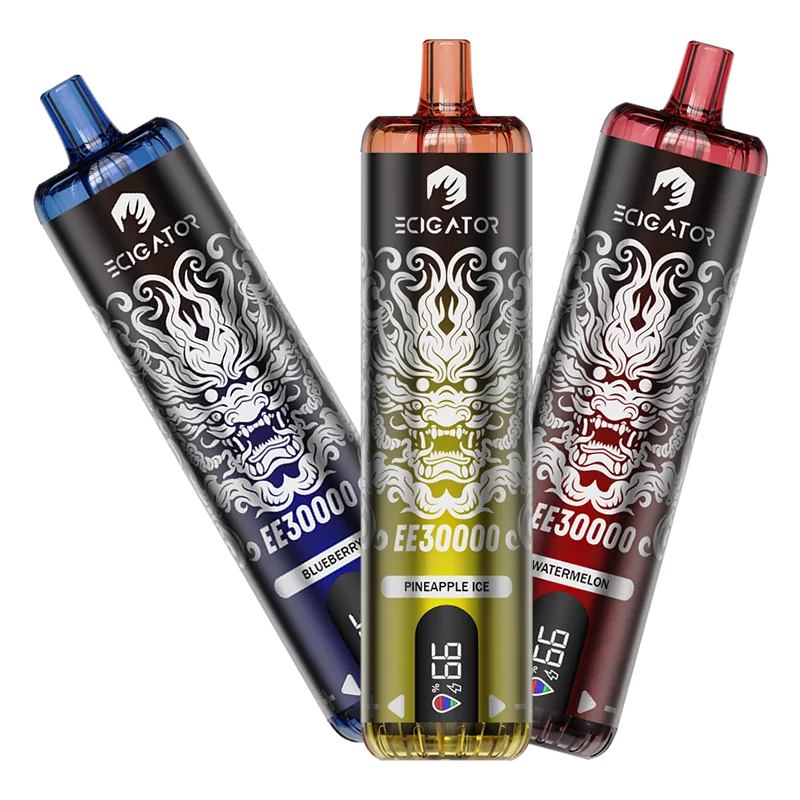
30K DTL Disposable
30K Puffs DTL(Directly to Lung) disposable vape with airflow control and screen.
Selling Vaping Products in Montana
The sale of vaping products in Montana is a regulated activity, with specific requirements for retailers.
Mandatory Retailer Licensing
All businesses intending to sell tobacco products, which includes vapor products by definition, must obtain a retail license from the Montana Department of Revenue. Each retail location requires a separate license. The licensing fee structure was updated following the passage of SB 398 in 2021. Current annual fees include:
- Tobacco Products Retail License: $50
- Alternative Nicotine or Vapor Products Retail License: $20
- Wholesaler’s License: $50
- Subjobber’s License: $50
These licenses must be renewed annually. Applications can often be submitted through the eStop Business Licenses Service.
Sales Practices and Product Safety
- Vending Machine Restrictions: Vending machine sales of vapor products are restricted to bars where the machine is under direct line-of-sight supervision by an employee to ensure age verification.
- Child-Resistant Packaging: While not explicitly detailed for all vape products in the provided 2025 summaries, general best practices and often federal requirements (for nicotine liquids) mandate child-resistant packaging to prevent accidental ingestion by children. Retailers should ensure compliance.
Taxation of Vaping Products
Unlike traditional tobacco products, which are subject to specific excise taxes (e.g., other tobacco products taxed at 50% of wholesale price, moist snuff at 85 cents per ounce), Montana does not currently impose a state excise or special tax specifically on vapor products or e-liquids. These products are subject only to the standard state and any applicable local sales taxes.
However, this is an area of ongoing legislative debate. House Bill 525 (HB 525), introduced in the 2025 legislative session, proposes significant changes, including the introduction of a 50% wholesale tax on vaping products. If passed, this would dramatically increase the cost of legal vaping products in Montana.
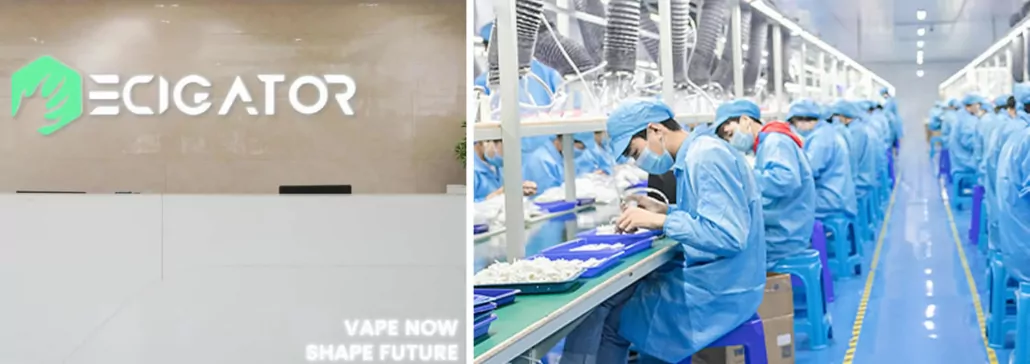
ECIGATOR
Ecigator is one of the well-known vape brands spun off from FM Technology Co., Ltd, it’s an ISO-certified disposable vape manufacturer for OEMs, ODMs, and OBM since 2010. The founder team comes from top firms with more than 10 years of experience in the vaping industry and has devoted thousands of hours to providing users with a better and better experience.
Flavor Restrictions in Montana
The regulation of flavored vaping products in Montana is characterized by a key piece of state legislation that impacts local control.
State Preemption of Local Flavor Bans (SB 398)
In 2021, Montana passed Senate Bill 398 (SB 398), which prevents local governments (cities and counties) from adopting ordinances or resolutions that prohibit the sale of alternative nicotine products or vapor products, including flavored varieties. This law was specifically designed to preempt local flavor bans, following attempts by cities like Missoula to restrict such products.
While local governments cannot ban the sale of these products, SB 398 does allow them to enact “reasonable ordinances or resolutions” relating to their sale. These “reasonable restrictions” might include regulations about keeping products away from children (e.g., behind-the-counter placement) or establishing local use restrictions in public places that might go beyond the new statewide indoor ban if specific local conditions warrant.
Despite this state preemption, some local jurisdictions, including Bozeman/Gallatin County, Lewis and Clark County, Missoula, Missoula County, and Yellowstone County, had previously enacted ordinances prohibiting vaping where smoking is prohibited before the statewide SB 390 indoor ban took effect, and some may have had flavor-related sales restrictions prior to SB 398.
The Push for Stricter Controls: House Bill 525
The debate over product availability and flavors is central to House Bill 525 (HB 525), introduced in the 2025 legislative session. This bill, if enacted, would represent one of the most significant changes to vaping regulation in Montana. It proposes to:
- Establish a vapor product directory system, requiring products to have FDA marketing authorization (PMTA) or be under active FDA review to be legally sold. This would effectively ban most flavored disposable vapes and many other products currently on the market that lack this federal status.
- Implement a 50% wholesale tax on vaping products.
As of February 2025, HB 525 had passed the House Taxation Committee and was progressing through the legislative process. Industry opponents argue that such a bill would decimate independent vape shops, lead to significant job losses (an estimated 313 employees and $9.4 million in wages according to one analysis), and potentially drive consumers to the illicit market or back to smoking. Proponents, however, emphasize the need to align with FDA oversight and curb youth access to unauthorized and often flavored products.
Conclusion
Montana’s vaping laws in 2025 reflect a state actively grappling with the public health challenges posed by e-cigarettes while navigating complex legal and economic considerations. The new statewide ban on indoor public vaping under SB 390 is a major step towards aligning vaping restrictions with traditional smoking rules. The 21+ age limit is firmly in place, and retailers face clear licensing and sales practice requirements.
However, the landscape remains dynamic. The absence of a state-level excise tax on vapes (for now) and the state preemption of local flavor sales bans differentiate Montana from many more restrictive states. The fate of House Bill 525, with its proposed PMTA registry, flavor restrictions (via FDA alignment), and significant new tax, will be pivotal in determining the future direction of vaping regulation in the state. For consumers, retailers, and manufacturers, staying informed about these ongoing legislative debates and understanding the nuances of existing state and local laws is essential for navigating the evolving world of vaping in Montana.
References
- Montana DPHHS – Tobacco 21
- Montana Legislature – SB 390 Bill Text (CH0574 – 2025 Session)
- Montana Department of Revenue – Tobacco & Nicotine Licenses
- Montana Code Annotated – § 16-11-122 (License fees – historical, verify current fees with DOR)
- Montana Department of Revenue – eStop Business Licenses Service
FAQs
-
What is the legal age to purchase or possess vaping products in Montana?
Montana adheres to the federal ‘Tobacco 21’ law, which established a minimum legal sales age of 21 for all tobacco products, including e-cigarettes and other vapor products. While state law also prohibits sales to persons under 18, the stricter federal age limit of 21 takes precedence.
-
Is vaping allowed indoors in public places in Montana?
No. As of May 9, 2025, Senate Bill 390 explicitly bans vaping in all indoor public places and workplaces across Montana, aligning it with existing restrictions on traditional smoking.
-
Are flavored vaping products banned from sale in Montana?
Currently, Montana state law (Senate Bill 398, 2021) prevents local governments from enacting flavor bans. However, House Bill 525, introduced in 2025, proposes a vapor product directory system that would effectively ban most flavored disposable vapes and other products lacking FDA marketing authorization.
-
Do I need a license to sell vaping products in Montana?
Yes, all businesses intending to sell tobacco products, which includes vapor products by definition, must obtain a retail license from the Montana Department of Revenue. Each retail location requires a separate license, with specific fees for vapor product licenses.
-
Are there specific taxes on vaping products in Montana?
As of the provided content, Montana does not currently impose a state excise or special tax specifically on vapor products or e-liquids. These products are subject only to standard state and any applicable local sales taxes. However, House Bill 525 (2025) proposes a significant 50% wholesale tax on vaping products.
- Malaysia Negeri Sembilan Backs Vape Ban, Awaits Clear Laws - August 5, 2025
- Is It Illegal to Vape or Smoke While Driving in Massachusetts? - August 5, 2025
- Austria Plans to Ban Disposable E-Cigarettes - August 5, 2025

